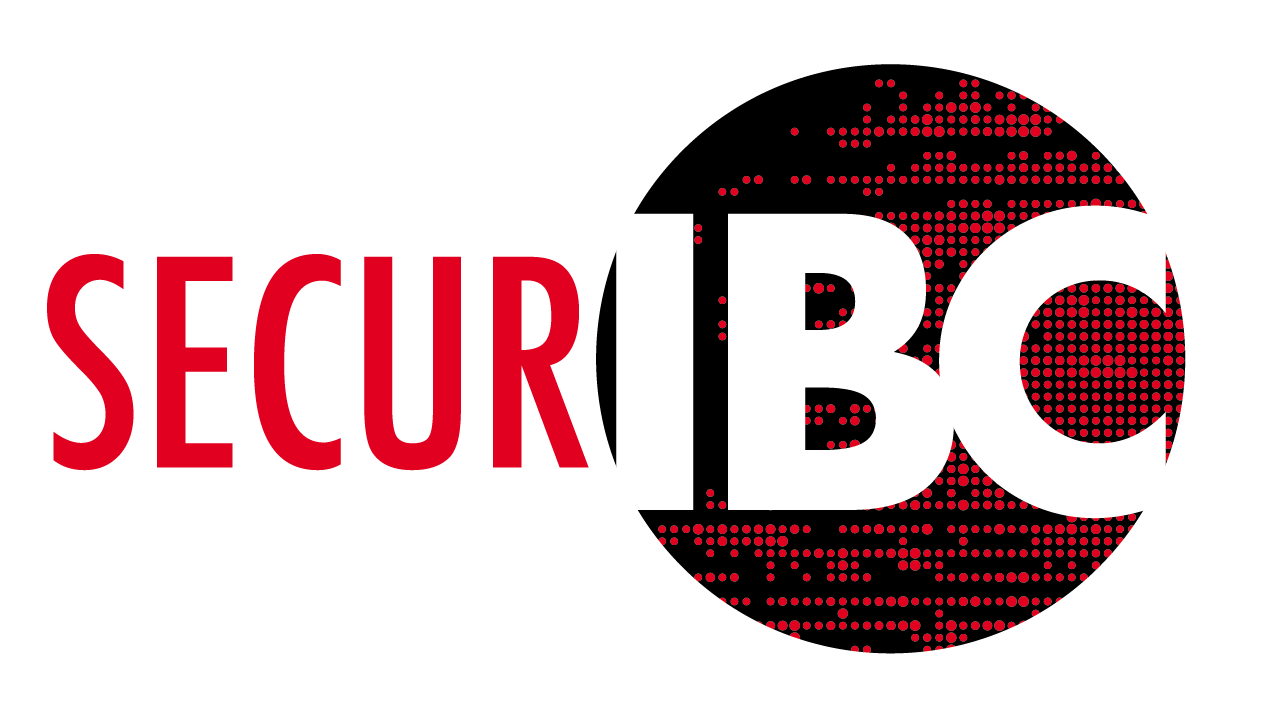Canadian Businesses that fall victim to a Cyber Attack can experience a wide range of damages – both financial and non-financial, with devastating and lasting effects. The specific impact can vary depending on the nature of the cyber attack, the size of the business, and the effectiveness of your current cybersecurity measures.
Read on below for some of the common types of damage that businesses can expect to see when targeted by a hack attack…and the reasons why your business needs SecurIBC!
1) Financial Losses:
- Direct Financial Losses: Hackers may steal sensitive financial information, such as credit card details or bank account information, leading to immediate monetary losses for your Ontario business.
- Loss of Revenue: Downtime caused by a cyberattack can result in lost sales and revenue, which can cause customers to also lose trust in the company, leading to a decline in business.
- Remediation Costs: Restoring systems, investigating the breach, and implementing security improvements can be very expensive without proactive, critical security measures already in place.
- Legal and Regulatory Fines: Non-compliance with data protection regulations can lead to hefty fines and associated fallout from governing bodies.
2) Reputation Damage:
- Loss of Trust: A cybersecurity breach can erode customer trust and confidence in the business, potentially resulting in a loss of customers and damaged relationships with your business partners.
- Brand Damage: The negative publicity surrounding a data breach can harm a company’s brand reputation, making it more challenging to attract new customers and retain existing ones.
3) Operational Disruption:
- Downtime: Cyberattacks can disrupt business operations, causing delays and affecting productivity.
- Data Loss: Data breaches can lead to the loss of critical business data, which can be difficult or impossible to recover.
4) Legal and Regulatory Consequences:
- Lawsuits: Businesses may face lawsuits from customers or partners whose data was compromised in the breach – a situation that can prove costly and very damaging to your business reputation.
- Regulatory Compliance Issues: Non-compliance with data protection regulations can result in legal penalties and damage to your business’s reputation.
5) Costs of Recovery and Remediation:
- Cybersecurity Improvements: Investing in stronger security measures and incident response capabilities after the fact can be expensive.
- Notification and Credit Monitoring: Depending on the security breach’s nature, businesses may need to notify affected individuals and provide credit monitoring services.
6) Intellectual Property Theft:
- Loss of Intellectual Property: Intellectual property theft can damage your company’s competitive advantage and future innovations.
7) Insider Threats:
- Insider Attacks: Sometimes, employees or contractors with insider access can be involved in cyberattacks, leading to additional trust, security, and essential training issues.
8) Business Continuity:
- Business Continuity Disruption: If critical systems are compromised, it can disrupt your business’s ability to operate effectively.
9) Reputational Damage:
- Negative Publicity: High-profile cyber attacks can attract serious media attention, which can further harm a business’s reputation.
10) Long-term Consequences:
- Insurance Premium Increases: After a significant cyber incident, a business’s insurance premiums may increase significantly.
- Loss of Competitive Advantage: Competitors may gain an advantage if they exploit the security weaknesses revealed by the breach.
To mitigate these damages, Canadian businesses should invest in robust cybersecurity measures from Brantford’s SecurIBC, create incident response plans, and regularly update and maintain security protocols and training to adapt to evolving threats in the digital landscape. Connect with SecurIBC today for your free consultation – and don’t get caught in a compromising cyber security situation!

